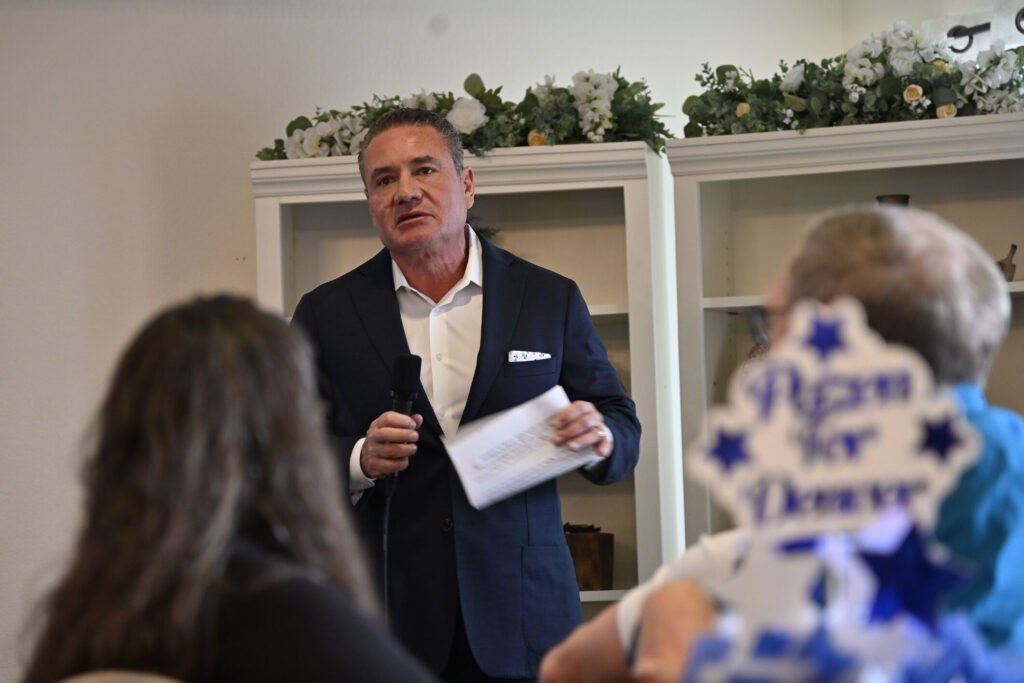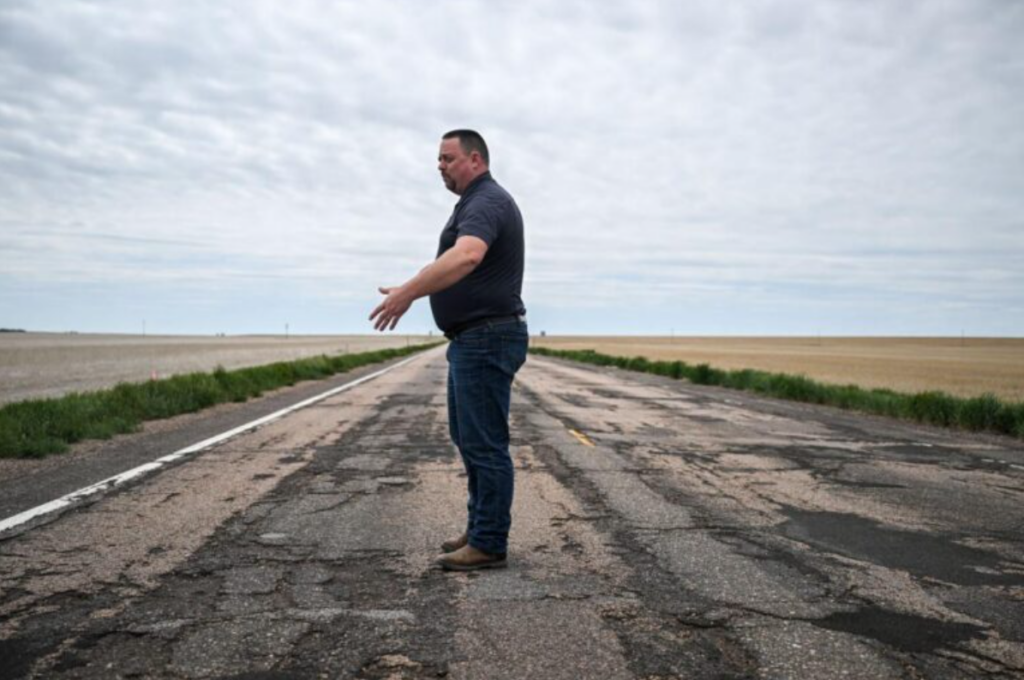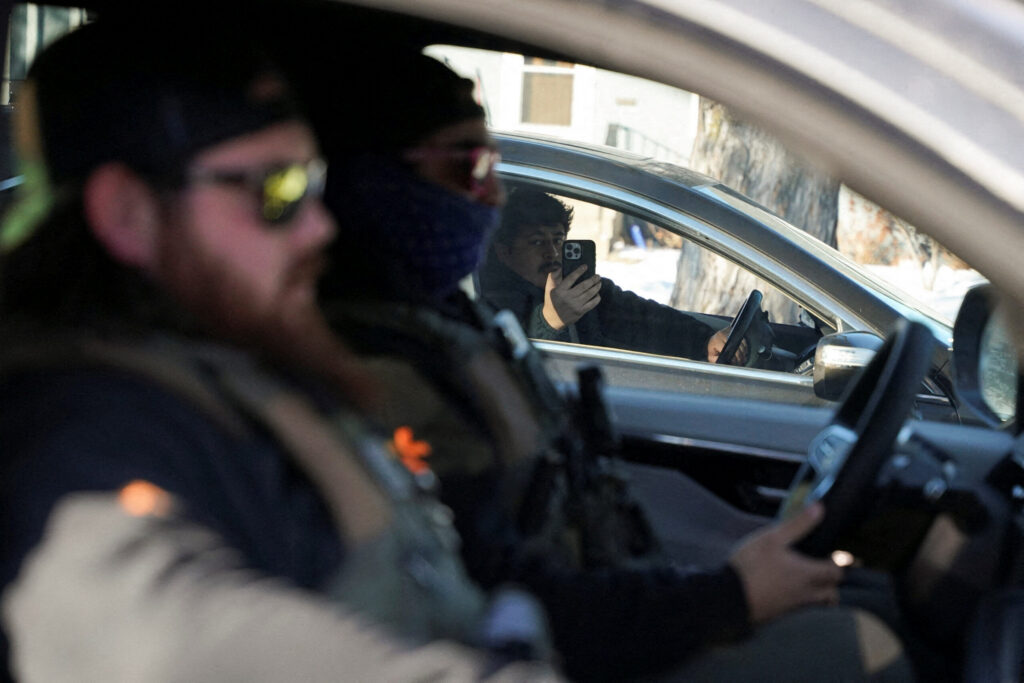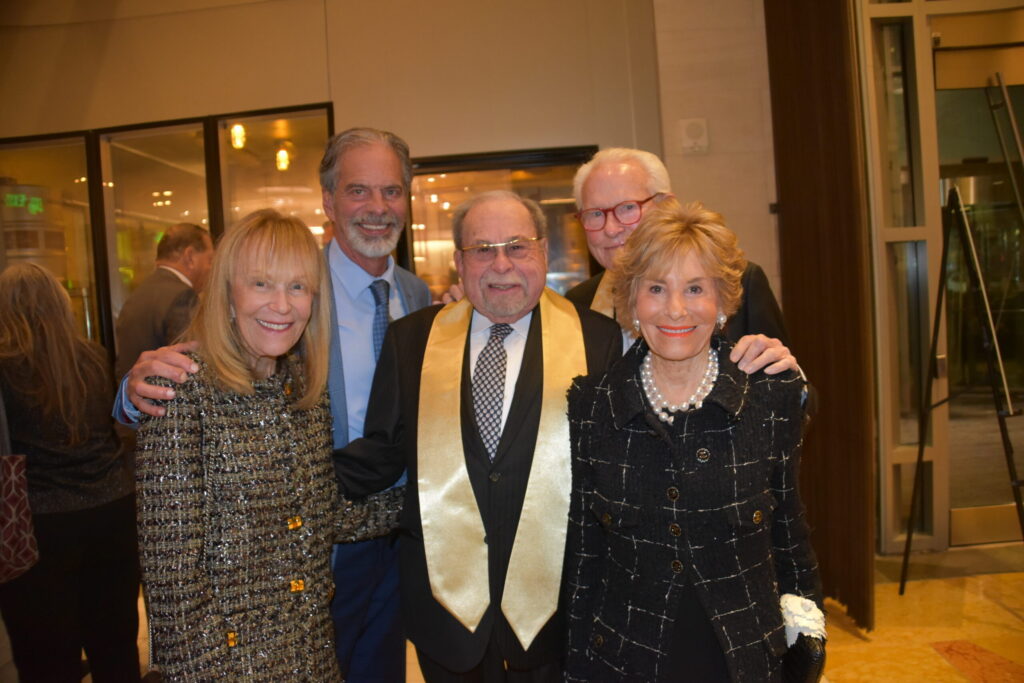State of Wyoming seeks updated historic landmark designation for Capitol | OUT WEST ROUNDUP
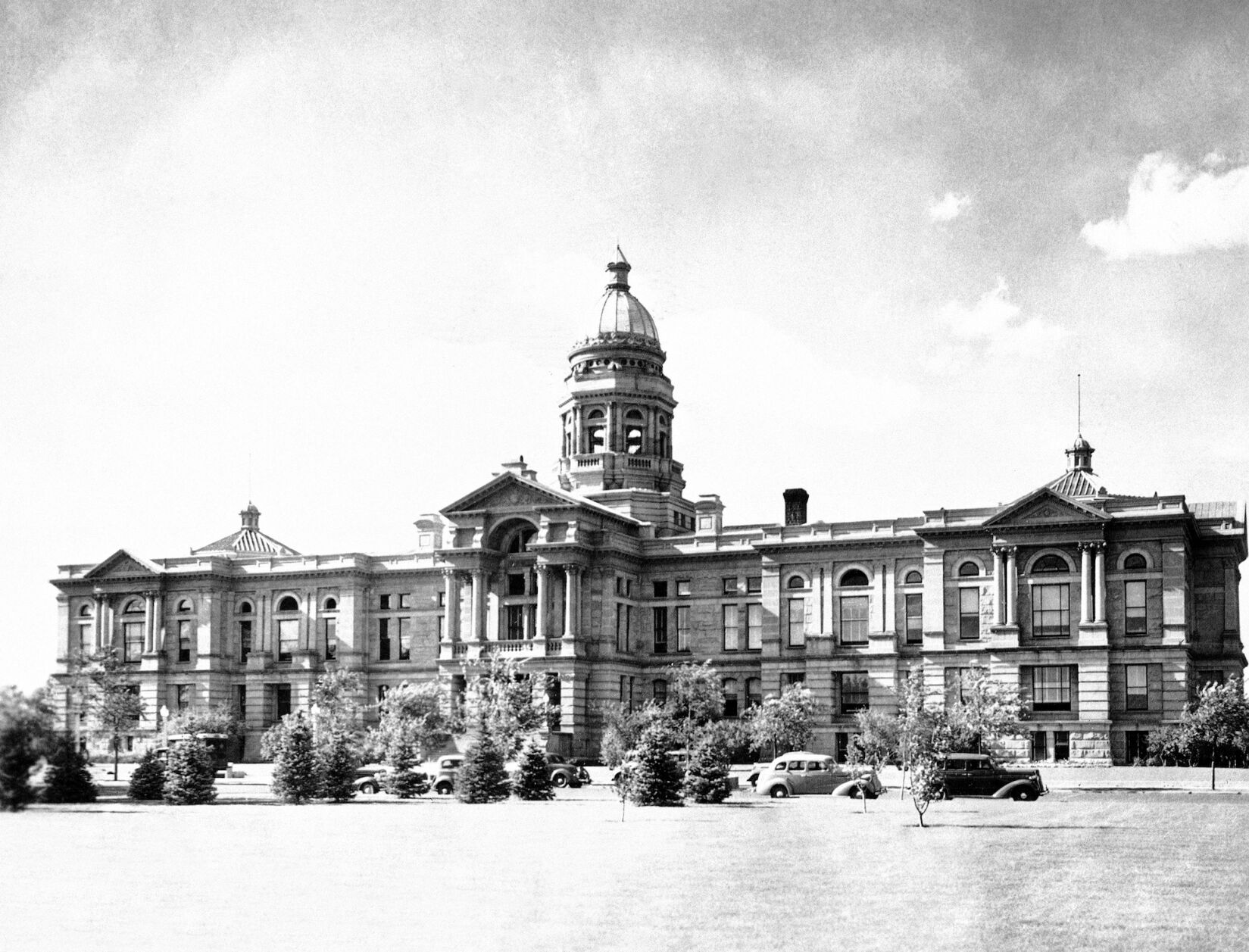
WYOMING
State seeks updated historic designation for Capitol
CHEYENNE – When Gov. John Allen Campbell signed an act granting women’s suffrage in 1869, Wyoming became the first state in the country to give women the right to vote. The room where the act was signed, known as the Historic Supreme Court Room, resides within the Wyoming State Capitol and is open to the public.
The state’s historic contribution to women’s suffrage earned the Wyoming State Capitol a spot on the National Register of Historic Places in 1973, before it was designated as a National Historic Landmark in 1987.
As of 2017, Wyoming was one of 35 states to have its capitol recognized as a National Historic Landmark, a federal list of historic properties with outstanding historical significance.
The Capitol has undergone several reconstruction projects since its nomination, including major renovation projects in the late 1970s and from 2014-19. Physical changes to the building’s infrastructure, plus newly added information to the 19th Amendment, required an update for the Wyoming Capitol’s nomination with the National Park Service’s National Historic Landmark Committee.
Recognition of the Capitol as a historic landmark holds potential benefits, such as financial assistance to purchase materials for the civic and learning centers. The state’s WayFinding Subcommittee is currently working to reshape the visitor experience at the Capitol with updated kiosks that promote interactive learning, added signage to rooms and corridors and a new “Dome Drone” video that offers a virtual tour of the Capitol’s Dome.
IDAHO
Law restricting bathroom use for transgender students to go into effect
BOISE – An Idaho law restricting which bathrooms transgender students can use in schools will go into effect while a court challenge plays out.
Chief U.S. District Judge David Nye on Oct. 12 denied a request by a plaintiff who is challenging the law to keep it from being enforced until the lawsuit is resolved, The Idaho Statesman reported.
The law will go into effect 21 days after his ruling.
It prohibits transgender students from using public school restrooms and locker rooms that align with their gender identity. It also allows other students to sue their school if they encounter a student using a bathroom that doesn’t align with their sex assigned at birth.
Nye said the plaintiff failed to show their challenge would succeed. He noted the law is “substantially related to the government’s important interest in protecting the privacy and safety of students” while using a restroom or a changing room.
Lambda Legal, which represents LGBTQ+ people in lawsuits, sued the state in July on behalf of an Idaho transgender student, arguing that the law known as Senate Bill 1100 unconstitutionally discriminates against students based on their gender identities.
About a quarter of Idaho schools allow transgender students to use restrooms and locker rooms that align with their gender identity, Nye said in a previous decision.
The new ruling puts transgender students directly in harm’s way by stigmatizing them as outsiders in their own communities and depriving them of the basic ability to go about their school day like everyone else, Peter Renn, Lambda Legal senior counsel, said in a statement.
UTAH, SOUTH DAKOTA
Deadly bird flu reappears in US commercial poultry flocks
MINNEAPOLIS – Highly pathogenic bird flu has made its first appearances in U.S. commercial poultry flocks this season, affecting one turkey farm in South Dakota and one in Utah and raising concerns that more outbreaks could follow.
The U.S. Department of Agriculture reported that avian influenza, which is deadly to commercial poultry, was confirmed in a flock of 47,300 turkeys in Jerauld County, South Dakota, on Oct. 4 and at a farm with 141,800 birds in Utah’s Sanpete County on Oct. 6.
The outbreaks are the first reported among commercial flocks in the U.S. since the disease struck two turkey farms in the Dakotas in April. Infected flocks are normally destroyed to prevent the flu’s spread, and then the farms are decontaminated.
Before the two new outbreaks, the only reports of bird flu in recent months in the U.S. in recent months were sporadic appearances in backyard flocks or among wild birds such as ducks, geese and eagles. While wild birds often show no symptoms of avian influenza, infections in them are a concern to the poultry industry because migrating birds can spread the disease to vulnerable commercial flocks.
Bird flu last year cost U.S. poultry producers nearly 59 million birds across 47 states, including egg-laying chickens and turkeys and chickens raised for meat, making it the country’s deadliest outbreak ever, according to USDA figures. The outbreak caused spikes in egg and turkey prices for consumers and cost the government over $660 million.
Bird flu infections in humans are relatively rare and aren’t considered a food safety risk. But as it hits other species, including some mammals, scientists fear the virus could evolve to spread more easily among people. Cambodia in early October reported its third human death from bird flu this year.
Agriculture officials consider this year’s cases to be part of last year’s outbreak, which reached the U.S. in February 2022 after spreading in Europe.
South Dakota producers lost nearly 4 million birds last year. Iowa, the hardest-hit state, with nearly 16 million birds lost, hasn’t recorded a case since March.
NEW MEXICO
State order renews permit at US nuclear waste repository
SANTA FE – New Mexico environmental regulators on Oct. 5 finalized a 10-year permit extension at the nation’s only underground nuclear waste repository that they say will increase oversight and safeguards while prioritizing the cleanup of Cold War-era waste at Los Alamos National Laboratory.
The state Environment Department said the permit goes into effect on Nov. 3, following a nine-month public comment period.
The Waste Isolation Pilot Plant in southeastern New Mexico plays a key role in the nation’s multibillion-dollar effort to clean up radioactive waste left behind by decades of nuclear research and bomb-making. It has been licensed previously to take what is known as transuranic waste, or waste generated by the nation’s nuclear weapons program that is contaminated with radioactive elements heavier than uranium.
The new permit incorporates terms of a June settlement with the U.S. Department of Energy.
The state first outlined its terms in December, seeking to ensure that high-level waste such as diluted plutonium wouldn’t find its way to the state.
County official could face a recall over conquistador statue
SANTA FE – A New Mexico county official is the subject of a recall petition following controversy over a Spanish conquistador statue.
The Santa Fe New Mexican said a county resident filed a complaint to begin the recall process, alleging Rio Arriba County Commission Chairman Alex Naranjo committed “malfeasance or misfeasance in office and/or violation of the oath of office.”
The newspaper said Antonio DeVargas would have to gather just more than 1,200 signatures to force a recall vote in a special election.
Among the accusations Naranjo is facing is that he violated the state Open Meetings Act by unilaterally deciding to place the statue of Juan de Oñate at the Rio Arriba County Office Complex.
Chaos erupted and a single shot was fired at a Sept. 28 outdoor gathering in Española over canceled plans to install a bronze likeness of de Oñate, who is both revered and reviled for his role in establishing early settlements along the Upper Rio Grande starting in 1598. A New Mexico man is facing an attempted murder charge in the shooting and wounding of a Native American activist amid confrontations about the aborted plans.



